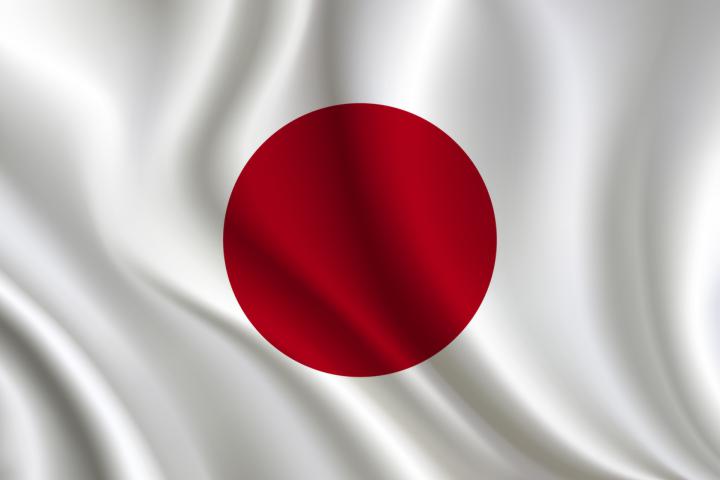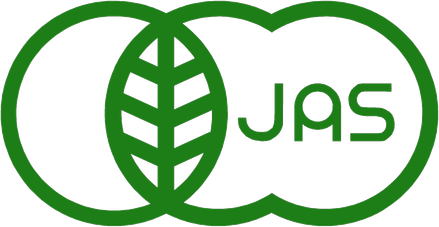Japan
Japan overview
Japanese law may require labelling both for customs clearance and sales requirements. The Japanese External Trade Organisation (JETRO) lists compulsory import standards and requirements. The Japanese Standards Association Group provides the standardisation and unification of industrial standards in Japan. There is also a range of voluntary labels that may be used to signal sustainability. Just a few of those are listed below.
India’s Ministry of Environment, Forest & Climate Change (MoEFCC) is the agency responsible for implementation of environmental laws. The Central Pollution Control Board (CPCB) implements the policy framed by the MoEFCC and provides technical services to the Ministry.
Certification & labelling types

This is a voluntary certification run by the Japan Environment Association (JEA). The Eco-mark is a certification against standards. There are different criteria for different product categories such as printer cartridges, textiles, paper, packaging, building materials and household products.
More info: The Eco Mark Program
Green credentials & standards


